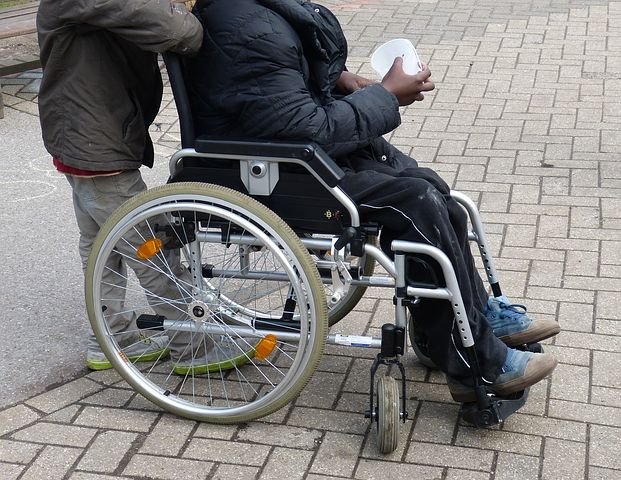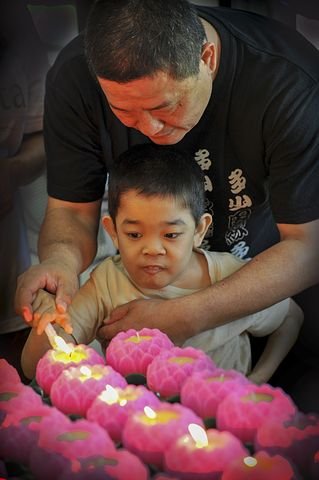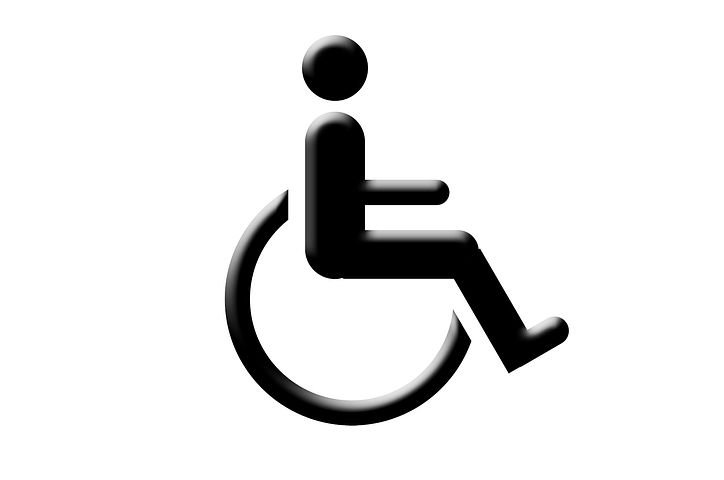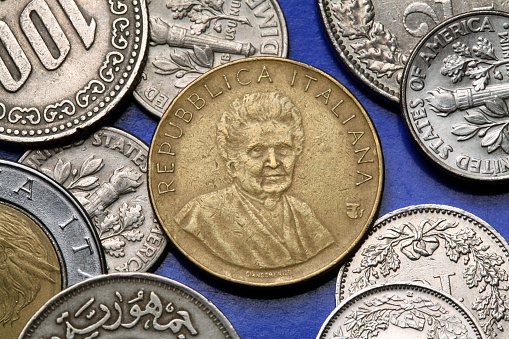MARIA MONTESSORI (1870- 1952). HER EFFORTS AT PROMOTING EDUCATION OF HANDICAPPED CHILDREN.
Hello hivians hope your day is going very well.
Today we are going to discuss about a great woman that contributed so immensely to promote education of handicapped children. MARIA MONTESSORI.
 [source] (https://pixabay.com/photos/disability-rehabilitation-wheelchair-224130/)
[source] (https://pixabay.com/photos/disability-rehabilitation-wheelchair-224130/)
MARIA MONTESSORI (1870- 1952)
Maria Montessori was an Italian medical doctor who specialized in the study of the structure and development of the body. She was therefore highly interested in the physical and mental disabilities of her patients. But as a medical doctor, she knew that handicapped people did not need drugs as much as they needed to be helped to cope with living. Learning was therefore important to the handicapped person.
 [source] (https://pixabay.com/photos/lighting-candles-light-candle-1788578/)
[source] (https://pixabay.com/photos/lighting-candles-light-candle-1788578/)
If they must lead normal lives, they needed education which would take their disabilities into consideration so that they could learn normally. Although, she later developed her ideas to suit normal children, we shall concentrate here on her efforts at promoting education of handicapped children.
Her Educational ideas
She believed that education of disabled people was not a medical problem. It was a problem of teaching method. She believed that the senses are very effective agents of learning that is. seeing, touching, hearing, speaking and smelling. She particularly believes that the sense of touching is wonderful in learning.
She also believed in the freedom of the child. The child should be allowed to learn at his own rate, and the learning materials should consider his handicaps so that if left on his own, the child can still learn.
Above all, Montessori believed in child - centred education. The learner should only be guided by the teacher, so that he can fully appreciate the achievement of successful learning.
MONTESSORI'S PRACTICE OF EDUCATION
Montessori believed that the teacher should organize and direct the learning activity. The learner should be allowed to do as much of the learning as possible. Therefore the teacher should pay individual attention to learners.
Montessori's outstanding method was the "activities"method of teaching. The following were her major learning "activities"
Practical Exercises:
The learner is encourage to carry on the learning exercises on his own as much as possible and not to depend on others too much.Training in the use of the senses:
This involves learning to make active use of the senses. This is because we learn a lot through them. The senses help the brain to function, so they improve the learners thinking ability if they are properly used.Formal Learning:
This is through the learning of normal school subjects like arithmetic, language, science, among others. Again, teachers should consider the individual needs of learners.
 [source] (https://pixabay.com/illustrations/disabled-symbol-wheelchair-people-83674/)
[source] (https://pixabay.com/illustrations/disabled-symbol-wheelchair-people-83674/)
In Summary
Montessori was specially interested in the learning of handicapped people she believed that education would solve their problems better than medical help.
She believed in teaching the child by "activities" which would encourage him to learn on his own as much as possible.
These ideas are highly relevant particularly to the practice of modern educational psychology.
References
Rusk, R. R. and Scotland, J., Doctrines of the Great Educators*, London:
Macmillan Press, 1979.
Akinpelu, J. A. An Introduction to Philosophy of education, London:
Macmillan Publishers, 1981.
 [source] (
[source] (